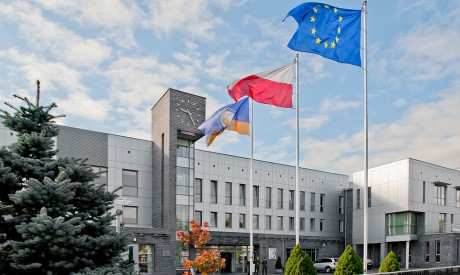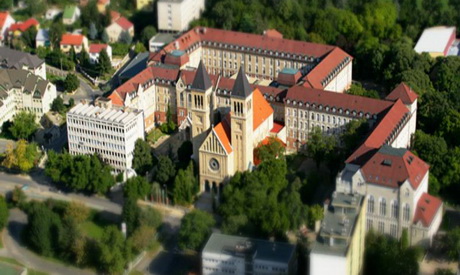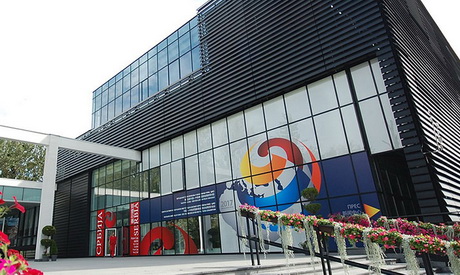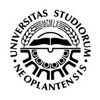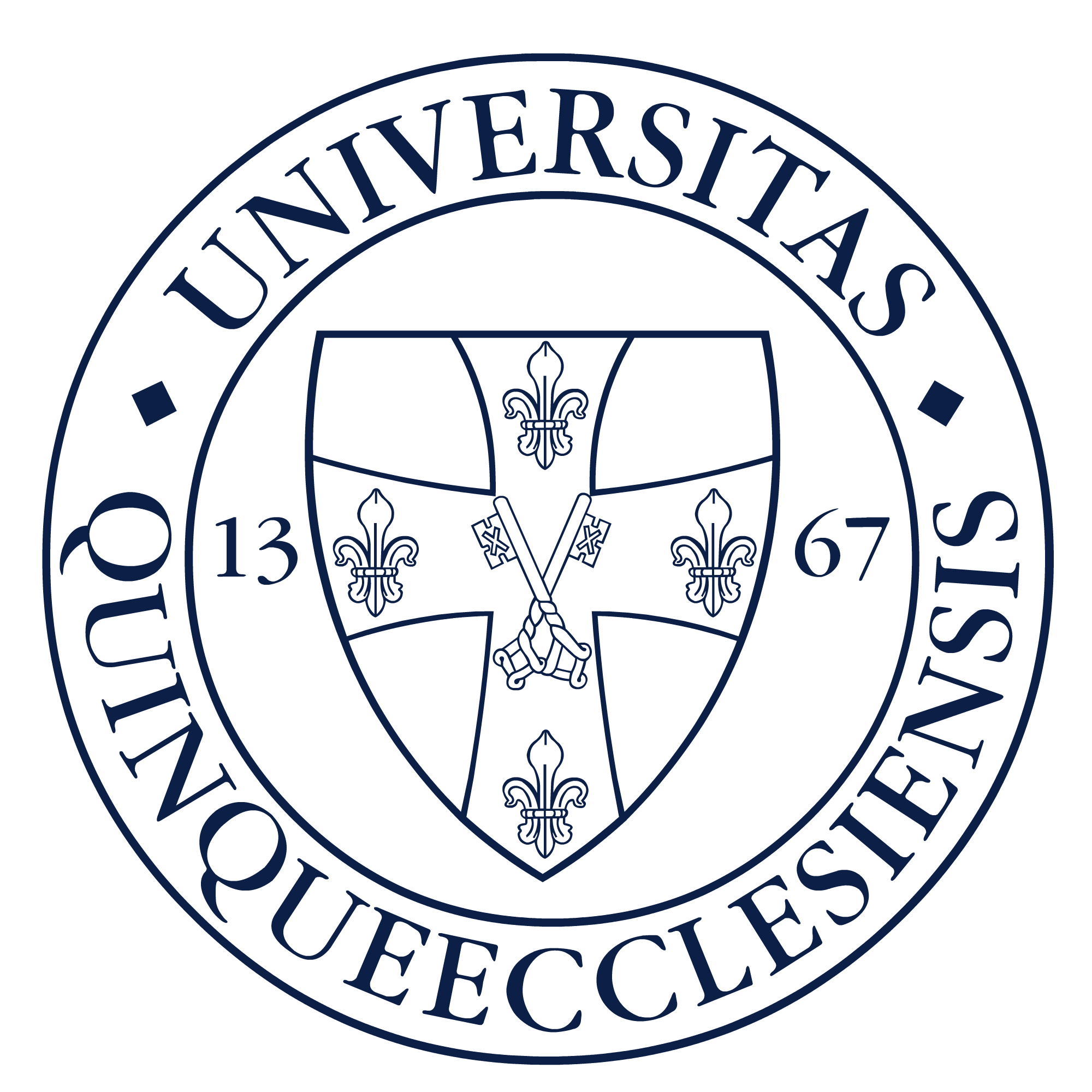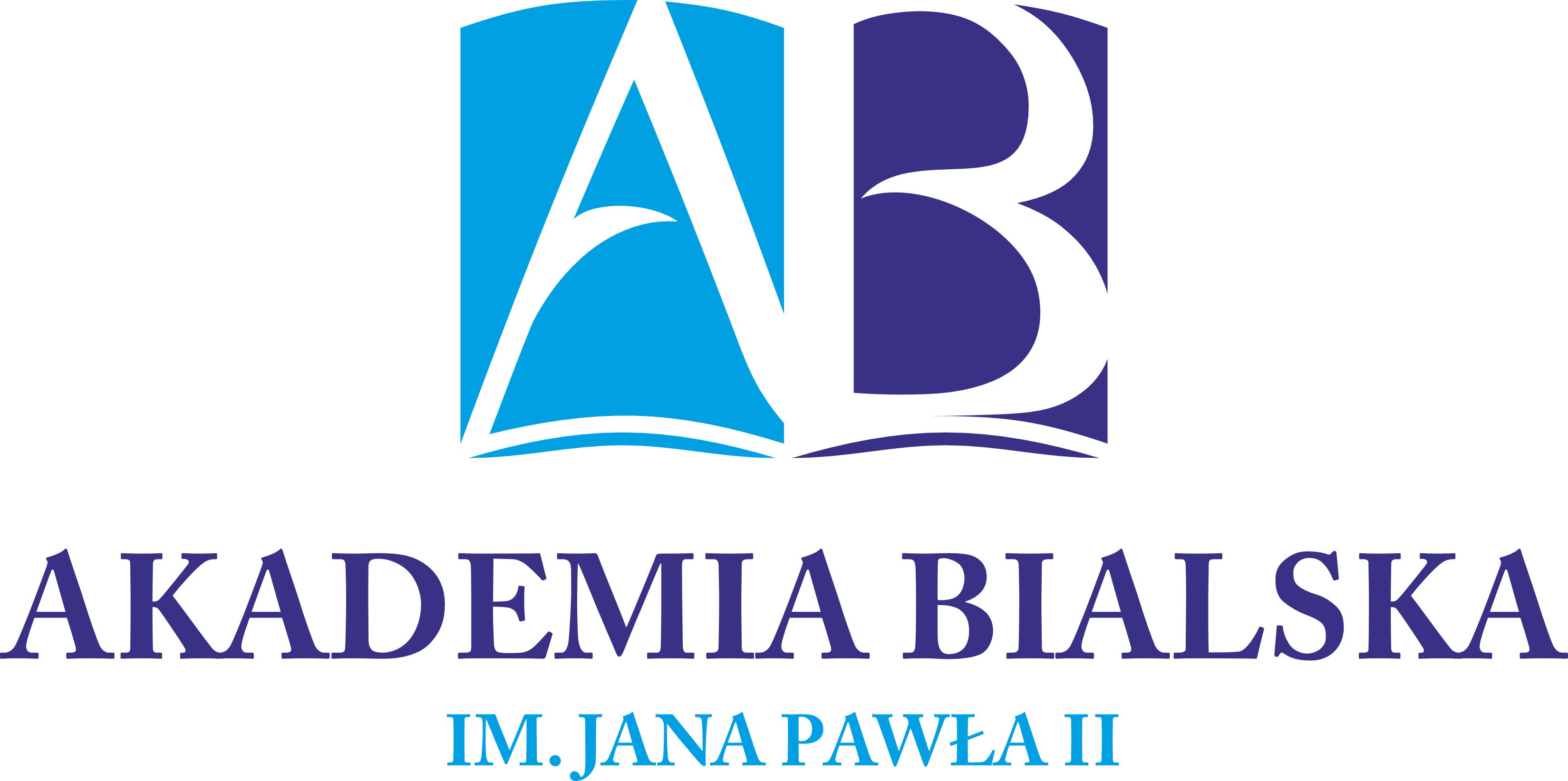-
MOSMEN
Development of the Master level of Sports Management with special emphasis on the field of Sports
Coordinator
Partners

Box title here
MOSMEN
Project title: Development of the Master level of Sports Management with special emphasis on the field of Sports
Project Acronym : MOSMEN
Registration number: 2020-1-PL01-KA203-081993
Duration of the project: 01/09/2020 – 31/08/2023
Total budget: 265 903 EUR
Coordinator: John Paul II University in Biala Podlaska, Poland
Partners: University of Novi Sad, Serbia
University of Pecs, HungaryThe sports industry has undergone a complete transformation following the political and economic changes in Central and Eastern Europe (CEE). The socialist model of sport management handled sports associations, clubs and sports organizations in a centrally controlled way. However, a new approach is needed with the emergence of a market economy at different levels of sports governance. There are both profit and non-profit organizations in the sports industry that can rely on private and common resources in varying measures.
However, it is common that the basis of their sustainable operation is based on the harmony of sports and economic goals as well as the spreading of the management approach.
While in North America and Western Europe this approach has decades of tradition, the same cannot be said for the CEE region due to its historical features. In the sector there is a huge shortage of professionals who have an insight both into the specifics of sports activities as well as to the operating processes of business organizations and at the same time they are able to integrate these two areas in their works.
Sports management education as a relatively young field in sports science education has not matured in its educational structure, teaching materials, teaching methodology or institutional level in the CEE region. Although MSc education of sports managers has already begun in Hungary in the last decade, the same cannot be said for other countries in the region such as Poland and Serbia. Without correcting this shortcoming, it is difficult to imagine a real change of the economic system in the field of sport, which presupposes that sports organizations are led by well-trained professionals with knowledge both in sports and in economics.This project tries to contribute to close this gap in sports science education by providing curricula that include relevant theoretical and practical knowledge for future sports managers. All participating institutions are committed to establish and develop the fundamentals of CEE sports management education.
The aim of the project is to incorporate the 6 priority courses in English into the sports management education of the three participating universities by using innovative e-learning techniques, which will provide students and teachers important and useful knowledge in sports science education.
This proposal may serve as a fundamental step to mend the shortcomings of sports manager education in the CEE region not only in case of the participating universities of the project but also that of the surrounding countries (Slovakia, Czech Republic, Romania, Slovenia and Croatia) by offering them update teaching materials for further use. The primary target group of the project are future university students, who can acquire the key competences and fundamental elements of a market oriented sports management based on the developed curricula. Further targets are universities, which wish to have the sports manager curricula accredited and to incorporate the teaching materials developed by this project into their offered higher educational portfolio. The third target group are the actors of the sports sector, who - upon completing the program based on the outcome of the project - will be able to rationalize their operation, to adjust it to existing European sports models along the goals and principles stated in the White Papers of the European Union, and lay the sport sector on business mechanisms with this strengthening the significance of the branch within European economy.
The international partnership is justified by the cooperation of partner university experts, who are highly qualified to incorporate the cutting edge scientific research findings into the curricula to be developed. Furthermore, with this partnership the long-standing and tested teaching methodology of the partner institutions can be exchanged. Finally, an added value can be the incorporation of (sports) culture specific particularities and best practices into the case studies of the new curricula.
Last but not least, the cooperation among the consortium partners in the frame of this project will lay the foundation for further activities beyond the project to establish joint international programs that do not necessarily focus on teaching but rather on joint research programs.Sports Management
Health Sport
Every day we make choices that affect our fitness and health, and one of the essential health behaviours is physical activity. It affects most aspects of a person’s daily functioning.
By taking the Health Sport course, you will acquire the latest knowledge on Health Sport planning, programming, and optimization, and learn about the aetiology and risk factors of non-communicable diseases. You will gain skills in diagnosing health conditions, identifying risk factors, and making physical activity recommendations for different age groups.
During the course, you will learn what functional training is, how to program and optimize exercise correctly using the latest scientific knowledge and expert recommendations to gradually develop healthy habits.
You will also learn about the most critical issues concerning the role of nutrition in health sport.
Health Sport

Fundamentals of Exercise Physiology

Sports Economics

Research Methodology in Sport Sciences

Sports Marketing

Sports Pedagogy

 The publication reflects only the position of the author(s). The European Commission and the National Agency are not responsible for the substantive content published therein or for the use of the information therein contained.
The publication reflects only the position of the author(s). The European Commission and the National Agency are not responsible for the substantive content published therein or for the use of the information therein contained. Unless otherwise stated, all materials on the site are licensed under the Creative Commons Attribution-NonCommercial-NoDerivatives 4.0 International (CC BY-NC-ND 4.0).
Unless otherwise stated, all materials on the site are licensed under the Creative Commons Attribution-NonCommercial-NoDerivatives 4.0 International (CC BY-NC-ND 4.0).


